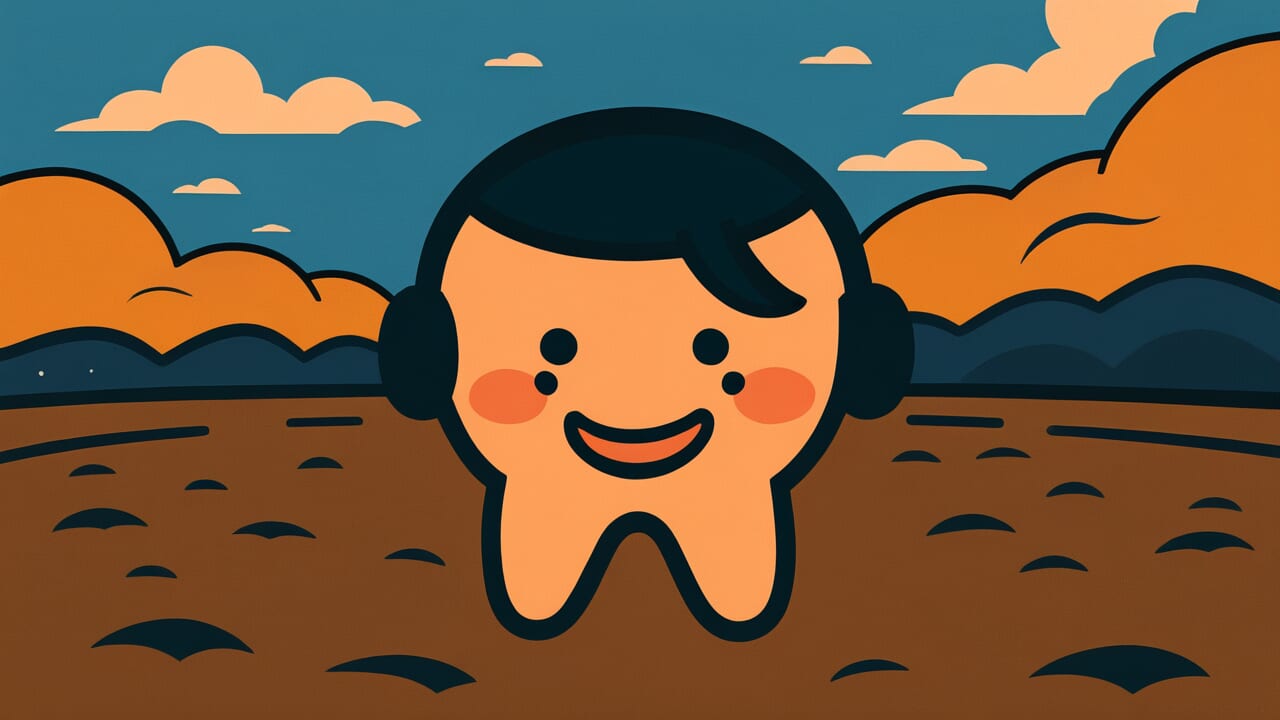How to Read “Heaven has a mouth and earth has ears”
ten ni kuchi ari chi ni mimi ari
Meaning of “Heaven has a mouth and earth has ears”
“Heaven has a mouth and earth has ears” means that no matter how well you keep a secret, people will eventually find out.
Even if you do something wrong or hide something, the truth will come out. It’s as if heaven speaks with its mouth and earth listens with its ears.
This proverb warns people against doing wrong. You might think “No one is watching, so it’s fine” or “This will never be discovered.”
But someone is always watching somewhere, or information leaks from unexpected places. Even today, news stories constantly show how cover-ups get exposed later.
People also use this saying when trying to keep secrets. They might say “Heaven has a mouth and earth has ears, so we need to be careful.”
It reminds us how important information management is. In human society, no secret is truly complete. The truth eventually comes out.
This proverb expresses this reality on a grand scale, using heaven and earth as metaphors.
Origin and Etymology
The exact origin of this proverb in historical texts is unclear. However, scholars suggest it may have been influenced by ancient Chinese philosophy.
It reflects an East Asian worldview that sees heaven and earth as watchful presences.
“Heaven has a mouth” means that heaven observes human actions and speaks about them. Since ancient times, heaven wasn’t just the sky.
People revered it as an entity that watches over human good and evil. “Earth has ears” expresses the idea that the ground also hears what people say and do.
Interestingly, this expression pairs with a similar proverb: “Walls have ears and shoji screens have eyes.”
While “walls have ears” warns about indoor secrets, “Heaven has a mouth and earth has ears” works on a much larger scale.
It expresses the idea that nature itself—heaven and earth—watches over humanity.
No matter where you are or what you do, no matter how hard you try to hide it, heaven and earth know. Eventually, everything becomes clear.
This grand metaphor contains a universal truth: human actions will always be revealed. It also expresses deep reverence for heaven and earth.
Usage Examples
- That company’s accounting fraud finally got exposed—heaven has a mouth and earth has ears
- We thought we were planning secretly, but heaven has a mouth and earth has ears, and now rumors are spreading throughout the office
Universal Wisdom
“Heaven has a mouth and earth has ears” speaks to a universal truth about human society. Information inevitably spreads.
Why do secrets leak? Because humans are fundamentally social creatures.
We cannot live in complete isolation. Every action we take connects with someone else. A person carrying a secret might crack under its weight and tell someone.
Or someone might deduce the truth from behavioral clues. Physical evidence might remain. Human memory might preserve it.
This proverb has been passed down through generations because people have repeatedly witnessed this truth. Whether it’s a powerful person’s cover-up or an individual’s small lie, time acts as a sieve.
Eventually, the truth floats to the surface.
What’s interesting is that this proverb isn’t just a warning. It’s also a kind of hope. Wrongdoing will always be exposed. Truth will always come to light.
This encourages people who live honestly. The expression that heaven and earth are watching contains a belief that justice ultimately wins.
Human society has a self-correcting mechanism. Lies and wrongdoing cannot continue forever. Our ancestors conveyed this hope to us through this grand metaphor.
When AI Hears This
From an information theory perspective, this proverb captures an essential truth. The cost of copying information is nearly zero.
The moment you share a secret with one person, that information exists in two places. If that person tells one more person, it becomes four. One more time makes eight.
It grows exponentially. For example, after 10 transmissions, it exists in 1,024 places.
Even more interesting is the connection to “the strength of weak ties” theory in information networks. Close friends often share the same information.
But acquaintances you rarely see belong to completely different social circles. When secrets leak, surprisingly, the casual acquaintance route often spreads information farther and faster than the close friend route.
What makes this proverb truly sharp is how it recognizes information asymmetry. You know “who you told,” but the propagation path beyond that is a complete black box.
Receivers always have more options than senders. What you thought was one-to-one communication is actually one-to-many broadcasting.
This uncontrollability is a fundamental property of information.
Modern data leaks follow the same structure. Once information is released, recovery becomes mathematically nearly impossible.
Lessons for Today
This proverb teaches modern people that honesty is the wisest way to live. Today, with social media and digital technology, information spreads faster than ever.
Small acts of dishonesty or lies can be exposed in unexpected ways.
That’s why we should act based on “what’s right,” not “what we can hide.” Rather than spending energy keeping secrets, doing only what you can do openly makes your heart lighter and your life richer.
Of course, protecting privacy and hiding wrongdoing are completely different things. This proverb warns against shameful secrets, deceptive acts, and dishonest behavior.
If you’re carrying a secret you can’t tell anyone, ask yourself: Is this truly a secret worth keeping? Or is it an inconvenient truth that will eventually come out?
Remember the words of our ancestors that heaven and earth are watching. Living honestly is actually the easiest way to live.
Because the truth never needs to be hidden.



Comments